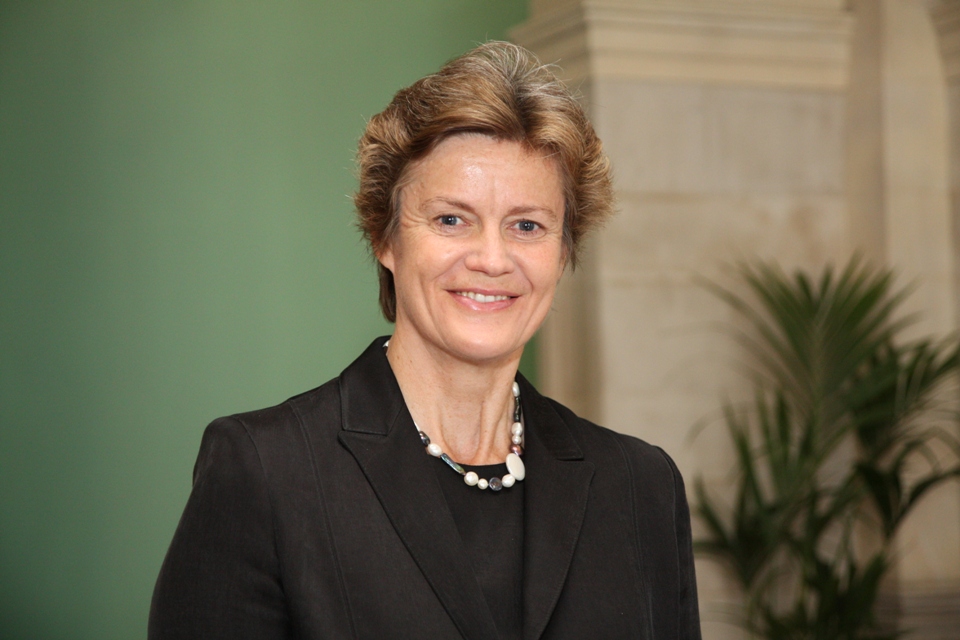Food insecurity and the global cost of Russia's war on Ukraine: UK statement at the UN
Statement by Ambassador Barbara Woodward at the UN “Arria formula” meeting on Conflict and Hunger

Thank you to Ireland for convening this meeting, and to our speakers for so clearly setting out the scale of food insecurity, its relationship to conflict, and the precariousness of the situation.
But today’s discussion is particularly timely because Russia’s invasion of Ukraine has disrupted the export of one third of the world’s wheat. So, Russia’s actions directly result in 1.7 billion people, in 107 economies, being severely exposed to at least one of rising food, or energy prices, or tighter finance conditions.
In short, Russia has violated a sovereign nation, killed civilians and destabilised the global economy.
As a result, countries on the Security Council’s peace and security agenda are increasingly fragile. The risk of famine in Yemen is exacerbated as nearly 50% of its wheat is imported from Ukraine and Russia, so seven million Yemeni people are expected to be one step away from famine by June 2022. And that can only put the recent truce under pressure.
We know that Sudan, Somalia and South Sudan are likely to be hardest hit – wheat prices there have already tripled in the last 8 weeks. But many other countries will feel the impacts too. And worldwide, it’s harder for the world food programme and OCHA to deliver food aid.
The UK is working with the international community to take action, including at this week’s spring meetings.
First, we want the World Bank to prioritise support for Ukraine and other countries hardest hit. This includes expanded social safety nets, finance for agricultural trade, advocating against export bans, and ensuring the Crisis Response Window and Early Response Financing is sufficiently resourced and flexible. The $93 billion International Development Association replenishment should be deployed quickly and effectively to help countries most in need.
Second, the UK is providing bilateral funding and technical advice to countries to support their transition to renewable energy, helping Small Island Developing States access concessional finance, and providing funding to support the livelihoods of farmers and vulnerable populations.
Third, we are supporting the better use of data and technology for early warning, as Amina so eloquently recommended.
In conclusion, today we join resounding calls for Russia to end their attack on Ukraine. The war must stop now – so we can help Ukraine and the world recover.
Thank you.